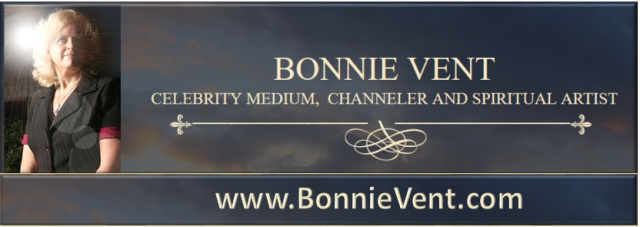The English Ghost: Spectres Through Time. By Peter Ackroyd. Chatto & Windus; 276 pages; £12.99. Buy from Amazon.com, Amazon.co.uk
GHOSTS, spectres, apparitions, phantoms, spooks—whether you believe in them or not, ghosts have been a part of human consciousness since writing began. As Peter Ackroyd, novelist, critic and biographer of Charles Dickens and Sir Thomas More, asserts in his new book: “The English see more ghosts than anyone else.” This, he writes, is due to a heritage of Germanic, Nordic and British superstitions and a strong preoccupation with history. Ghosts, he believes, provide a continuity, albeit of the spectral kind, between the past and the present, the living and the dead.
Mr Ackroyd has uncovered a plethora of examples of ghostly experiences in England to fill his spooky tome, from Anglo-Saxon references in “Beowulf” to modern-day accounts from motorists on Blue Bell Hill in Kent. He has loosely grouped the accounts into chapters, one for domestic disturbances, others for wandering souls, poltergeists, visions of the living. Some are anecdotes, others newspaper reports, personal letters, diary entries or stories. Each description is no more than a few pages, but long enough to prompt eerie wonderings.
Mr Ackroyd offers little analysis, but this allows readers to believe or not, as they wish. Ghosts are intangible beings, and ghost stories invite scepticism and defy verification, so the author may be right to leave questions unanswered. And the stories are intriguing, the most gripping being the one about the events at Borley Rectory, reputedly the most haunted house in England until it was demolished in 1944. This collection is best enjoyed by dipping in and out.
For a more academic study of ghosts in England read Shane McCorristine’s recent book, “Spectres of the Self”. Using a more objective voice, Mr McCorristine explores the psychological context of seeing ghosts and the notion that ghosts are internal—a reflection of the haunted self in modern times. Mr Ackroyd, however, shows his talents as a social historian in “The English Ghost”. His curious work offers the reader a supernatural dip in the spiritual waters of the age. A book for a dark night—and a warm fire.


